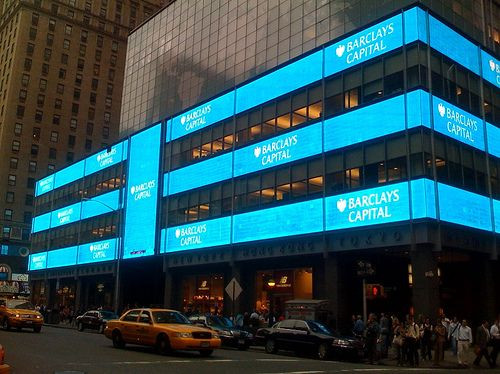Barclays Employees Concerned About Dark Pools Before Suit

Several Barclays PLC (UK:BARC) employees voiced concerns to top executives about high-frequency traders getting too much access to its dark pool months before New York's attorney general filed suit accusing the London banking firm of lying about predatory trading activity, the Wall Street Journal reported Sunday.
The Journal likey will respond this week to the civil suit filed by New York Attorney General Eric Schneiderman in June. The company is expected to say the emails and documents cited by the suit were taken out of context.
The suit quoted one director as saying: “Barclays would make their money off the buyside. And the buyside would totally be taken advantage of because they got stuck with the bad trade ... this happened over and over again.”
Dark pools account for 14 percent of U.S. stock market volume and are used by big institutional investors to make significant trades without creating waves in public markets. Prices are not announced until after the trades are completed.
The suit was sparked by concerns from big trading firms that noticed their orders in the dark pool were languishing, resulting in poor results from high-frequency trading. RBC Capital Markets and T. Rowe Price Group (NASDAQ:TROW) reacted by increasing the minimum number of shares they would trade.
The Financial Times estimated the machinations reduced the market value of the 10 biggest dark pool owners, including Credit Suisse, UBS and Deutsche Bank.
© Copyright IBTimes 2025. All rights reserved.






















